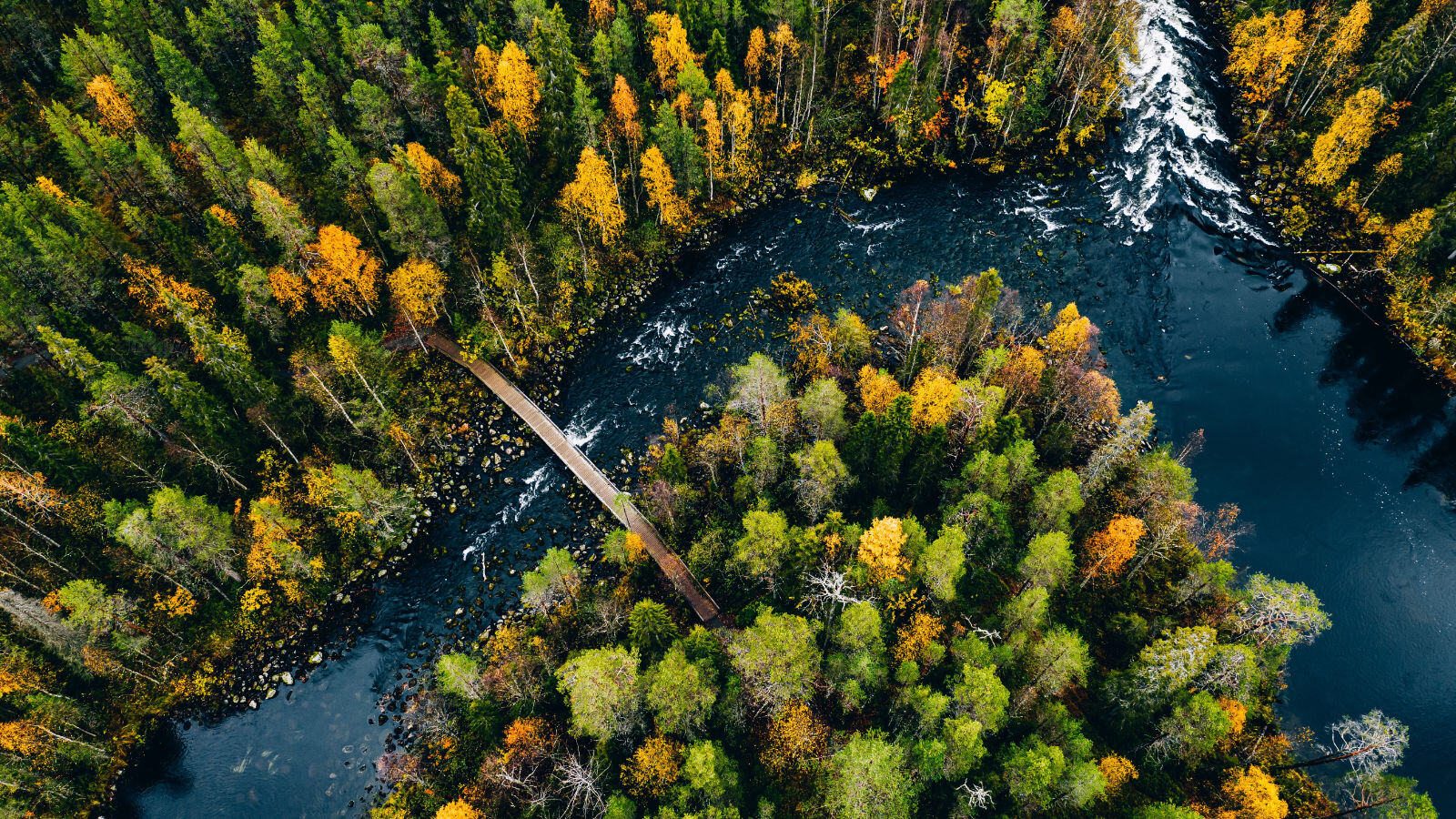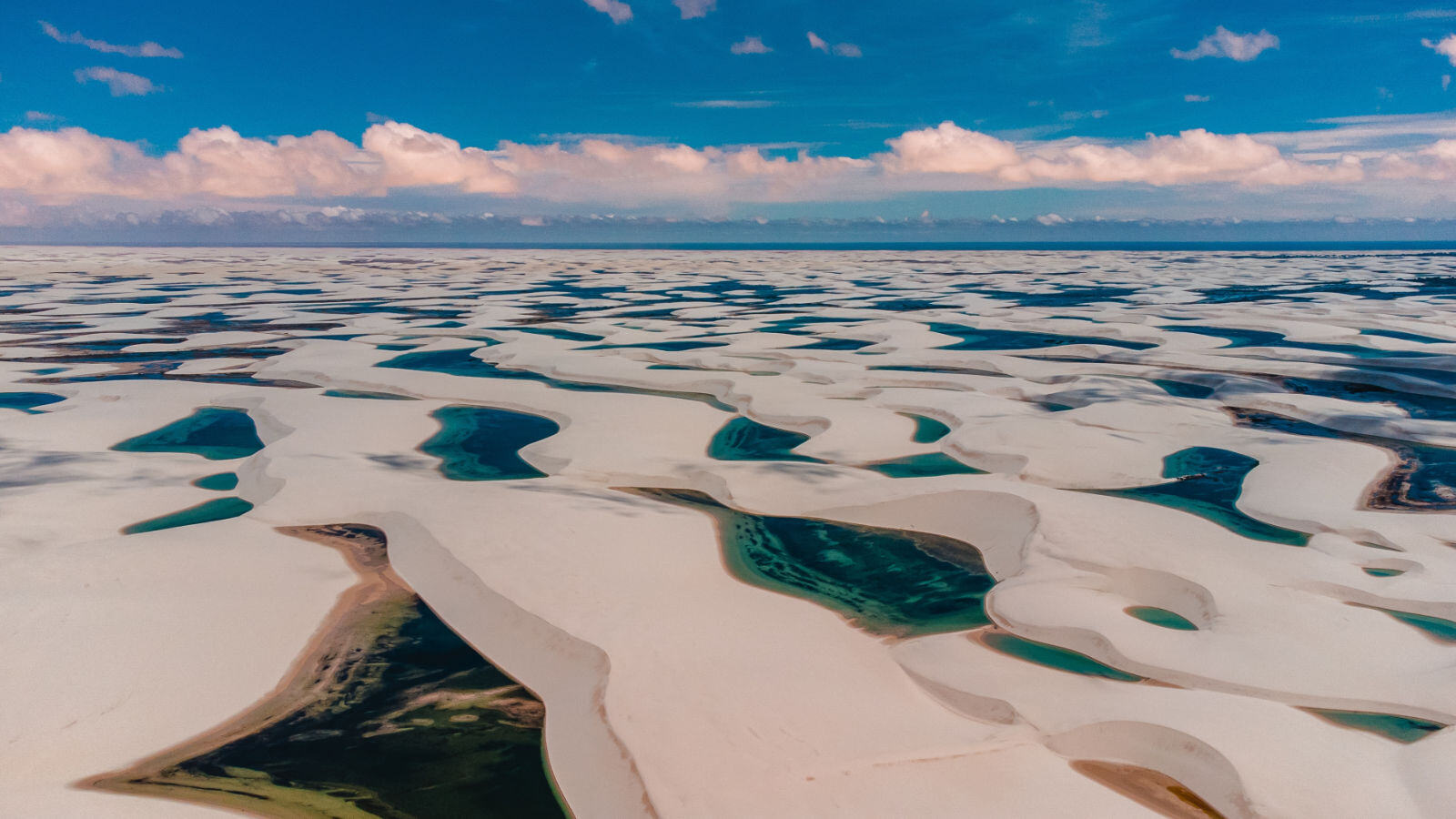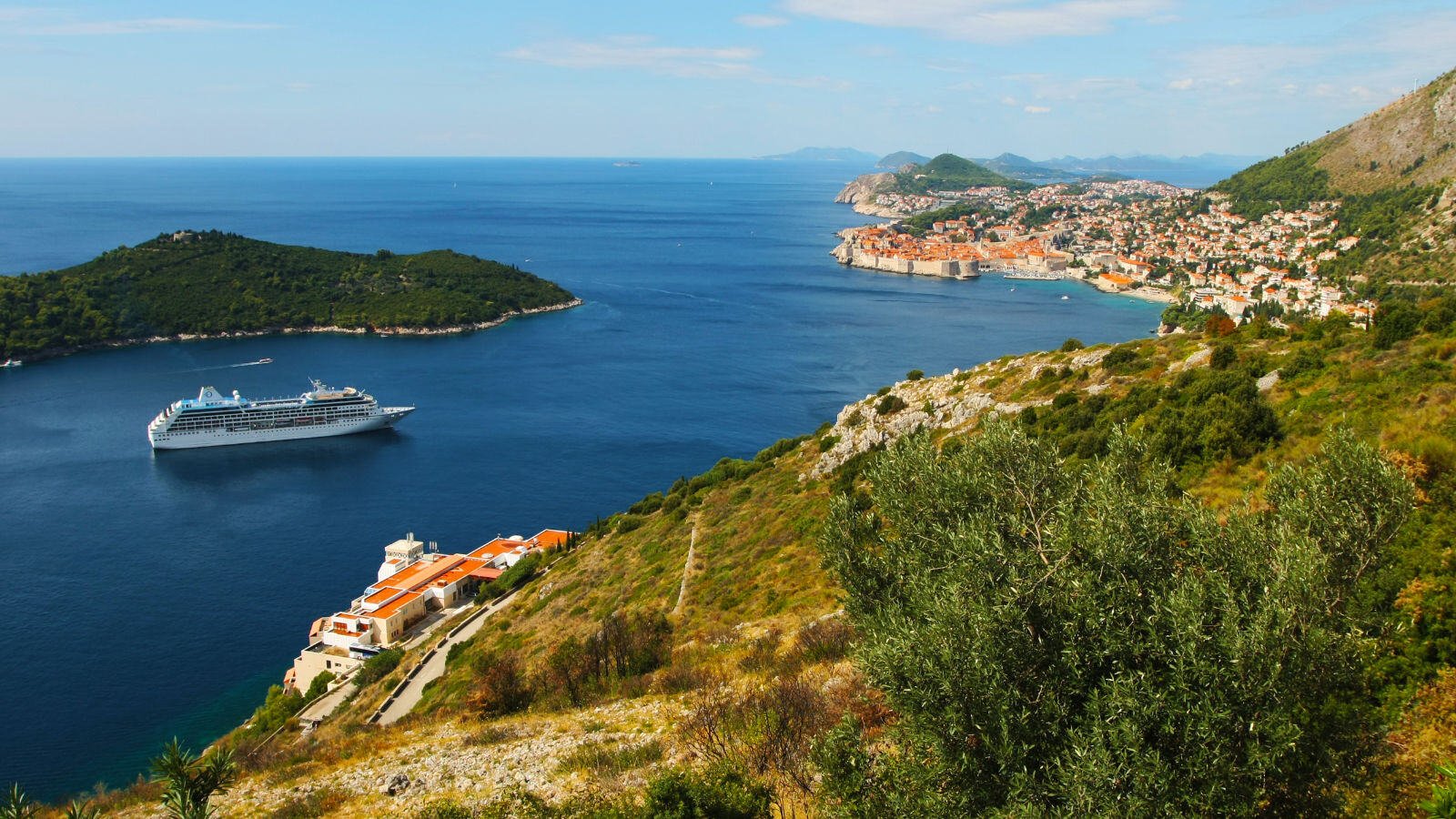With shifts of temperatures worldwide and climbing sea levels, countries around the world are taking strides in sustainability efforts to preserve our earth for the generations to come. But the question remains - which nations set the bar as exemplary examples of global environmental stewardship? From investing in reusable energy to conserving biodiversity, and societal commitments, these implementations make an honest difference. Eco-conscious travelers wish to promote destinations that desire preservation over profits. Read on as we expose countries making the way for the charge in conservation along this road to a more sustainable planet. Whether they boast high percentages of protected lands, are pioneering eco-friendly transportation, or have banned single-use plastics, these countries give us hope for creating a greener future.
— Denmark —
With a determined environmental climate-conscious society, Denmark is a model for sustainability. The country's goal is to decrease greenhouse gas emissions by 70% by 2030 through their Climate Act passed in 2020. Its capital, Copenhagen, continually is at the top of lists of the world's greatest sustainable cities thanks to strong green infrastructure for transportation and waste management. Having inhabiting cycling culture, Copenhagen locals rely predominantly on bikes complemented by efficient public transit and cleaner vehicles. With its sturdy political and societal dedication to going green, Denmark maintains to work conscientiously towards a carbon-neutral future.
— Finland —
From its colorful cities to extensive northern forests, sustainability is in the spotlight of Finnish ambitions. As an early steward of clean energy, over 80% of Finland’s electricity is produced from renewable sources such as hydropower and bioenergy. Finns are passionately connected to nature, demonstrated by policies guarding land and species from harm. The locals embody sustainability in their daily lives through cycling, using public transport, and recycling waste conscientiously. With nature preservation, renewable energy adoption, and lower emissions shaping public policy, Finland showcases a pathway to worldwide sustainability.
— The Netherlands —

With forward-thinking solutions in place, the Netherlands functions as a innovative example for sustainability. The Dutch have creatively approached space restrictions by becoming world governors of vertical farming within warehouses and urban rooftop hydroponic gardens. Amsterdam pulls electric power solely from renewables and has an abundance of EV stations citywide. At the local community level, cycling permeates as the primary mode of transportation. Thanks to both strategic planning and localized initiatives, the Netherlands contributes trailblazing technology, infrastructure, and greener systems benefitting the planet.
— Switzerland—
Switzerland utilizes a remarkable range of reusable energy sources, including hydroelectric power from its ample rivers and wind turbines purposely placed in various regions. The efficient public transportation system, mainly composed of electric trains and buses, considerably reduces carbon emissions. Moreover, Switzerland's agricultural division highlights organic farming habits, contributing to a better environment and nurturing sustainable food production. These efforts together showcase Switzerland's commitment to eco-friendly living and environmental responsibility.
— Malta —
Malta, despite its petite size, embraces their commitment to changing the world for the better. The island has made impressive progress in renewable energy, with the goal to generate a large portion of its electricity from solar power. Efforts to eliminate dependence on fossil fuels include investments in solar farms and initiatives encouraging energy efficiency. Malta also stresses waste management and recycling, with campaigns encouraging the population to embrace recycling practices. Despite facing challenges due to its limited landmass, Malta's loyalty to sustainability is apparent through various conservation projects designed to protecting its ecosystems and promoting eco-friendly tourism.
— Iceland —
Iceland, a land made by fire and ice, advocates for a greener planet through its generous renewable energy sources and dedication to environmental preservation. Famous for its geothermal power, Iceland channels its natural energy from its volcanic landscapes, supplying sustainable heating and electricity to its citizens. Almost all of the nation's electricity and heating comes from renewable sources, mainly geothermal and hydroelectric power. This dependence on clean energy lessens Iceland's carbon footprint substantially. Additionally, the country prides itself with a mighty pledge to conservation, maintaining vast expanses of unaffected wilderness and promoting sustainable fisheries practices.
In a world where environmental awareness frames the future, these five nations stick out as torches of admirable stewardship. Finland's commitment to carbon neutrality, Denmark's innovative wind energy proposals, and the Netherlands' relentless battle against rising sea levels are testaments to proactive environmental policies. Switzerland's combination of sustainability and stunning landscapes, Iceland's reliance on renewable energy within its volcanic terrain, and Malta's progress in renewable energy and waste management together brings a global movement towards sustainability to the forefront. Each of these countries, with their various approaches and dedicated efforts, present a testament for responsible and meaningful coexistence between mankind and the planet.
Ready to be apart of the sustainability movement? Check out some our several city bike tours throughout Europe!
1. Denmark: Private Bicycle Tour of Copenhagen Highlights
2. The Netherlands: Amsterdam Countryside Bike Tour
3. Norway: Private Oslo Viking and Beaches Bike Tour
4. Austria: Shared Vienna by Bike Tour
5. France: Shared Versailles Bike Tour










